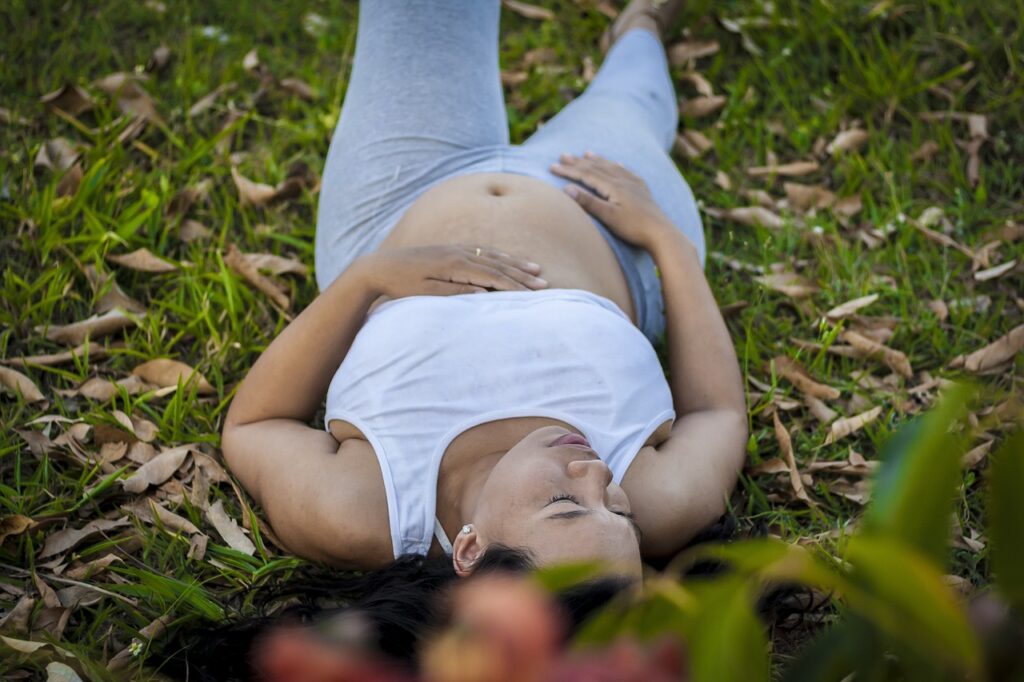Managing Weight for Fertility
At North West Fertility we seek to provide treatment that is both effective and safe for our patients. For this reason all patients attending the fertility unit will have their height and weight recorded and a calculation then made of their Body Mass Index (BMI). This is calculated as weight(kg)/height(m)2. This simple calculation gives a guide to the effect of a patients weight upon their treatment and upon the risks associated with treatment including those associated with pregnancy. Patients will fit into simple categories depending upon their BMI as shown below:.
BMI | Classification |
<19 | Underweight |
19-25 | Normal range |
25-30 | Overweight |
30-37 | Obese |
>37 | Morbidly Obese |
The risks associated with reduced or significantly elevated BMI
There are two main effects on patients undergoing treatment with a BMI <19 or > 30 , these are a reduction in the chances of successful treatment as well as serious risks to both the mother and baby in any pregnancy resulting from treatment.
Fertility treatment
It is clear that for women undergoing fertility treatment who are significantly overweight, there is a reduction in the chances of them becoming pregnant. The reasons for this are due to an increased chance of failure to stimulate the ovaries successfully, the need for a greater quantity of drugs to stimulate the ovaries, poorer chances of pregnancy as well as an increased chance of miscarriage. For women who are significantly underweight there is some evidence of poor response to fertility treatment but no effect on miscarriage rates.
Pregnancy
As well as the increased risk of early pregnancy loss in overweight patients, there is clear evidence of significant risks to the health of both the baby and the mother. For patients who are obese (BMI 30-35) there are increased risks of blood pressure problems, premature delivery, caesarean section, large babies, and haemorrhage. For women who are morbidly obese (BMI>37), the risks of preeclampsia are seven-times greater, prematurity (<33 weeks) two-times higher, haemorrhage one and a half-times higher and emergency caesarean section rates were three-times higher. The risk of stillbirth or death of the infant is more than twice that for women of normal weight. Obesity also complicates more than half of all maternal deaths in the UK.
Managing Obesity and Fertility
Because of the increased risks outline above it has been agreed that the NHS will not provide fertility treatment to patients who’s BMI is greater than 29 or less than 18. At North West fertility we do not provide any treatment to Women who’s BMI is greater than 35.
We do however work with specialists who will be able to discuss and provide medical treatment to help weight loss. Contact us to learn more.
For women under 35 years of age there is clear evidence that reducing weight to achieve a BMI of under 30 (and ideally to less than 25) is associated with the best outcome for patients in terms of fertility and subsequent pregnancy. For women of greater than 35 years of age, whilst weight loss is to be encouraged, there is evidence that this is less beneficial in terms of fertility treatment due to the effect of delaying treatment; however the benefits to the subsequent pregnancy are clear.
If you are looking for fertility advice that is tailored to you, visit our fertility assessments page which details the baseline investigations we can carry out for you before any fertility treatment begins.



